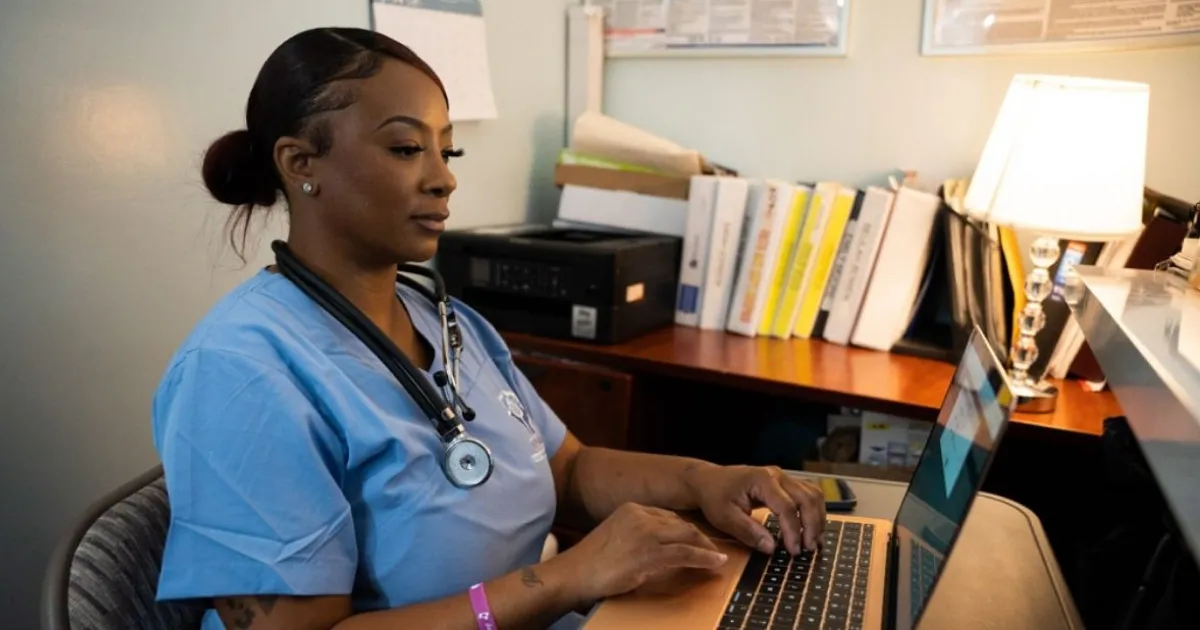This blog post on how to turn a great concept into a business originally published on Venturize, a blog powered by our content partner Small Business Majority, a national organization that advocates for small business owners. Post was written by Julia Jamieson.
Once you’ve figured out that your business idea has legs and makes financial sense, the next step is to try it out.
Many entrepreneurs like to dream big as they’re first launching a business. They picture their business with their own office, retail location and staff. Dreaming big is great, but starting small gives you the opportunity to test out your business ideas and perfect them before investing too heavily.
How can I test out my business idea?

You can start small and test your business idea by:
- Moonlighting. Moonlighting is when you work on your business while holding a full-time job. While this is not possible for everyone’s schedule, moonlighting can be a great way to test your product and start growing your customer base while making sure you’re still receiving an income.
- Starting a home-based business. In today’s online society, starting your business from home allows you to easily cut down on overhead expenses. (For more: Want to start a home-based business? Questions you should ask first)
- Finding a home in a coworking space. Coworking spaces give new businesses an office space to work, meet with clients and network without having to sign an annual lease.
How do I test a food business idea?
You can find ways to start small even if your business doesn’t involve working at a desk — even food-based businesses can do it. Many states allow you to make and sell foods that don’t require refrigeration from your home.
Related: Long-awaited coworking hub to debut in historic San Diego neighborhood
Check with your state to see what rules are required to make it work. You can also think about starting with a food truck or by catering events. If your state or your product requires a commercial kitchen, look for a kitchen incubator, a restaurant partner or a community kitchen that you can use before building out your own space.
How do I prove a retail business idea?

Thinking of starting a retail business? Starting small can work for you, too. With online sales growing everyday, it’s easy to find ways to grow your brand before investing in an expensive lease.
You can try selling on a platform like Etsy or Fulfillment By Amazon or at local fairs and farmers markets, which allows you to build brand awareness and get immediate feedback on your product. You can also consider pop-up retail to avoid the start-up costs of a physical location.
While your expenses are low, you can test out your idea and do some market research.
Consider the following questions:
- Is your product selling better with a different target market than you initially expected?
- Are people buying your cheaper or more expensive products?
- Are they asking for something you don’t have currently?
- Can you convert interest into paying clients?
I’ve turned my idea into a business — now what?

Starting small allows you to add or change products with relative ease and get immediate feedback.
Once you’ve earned your first few customers and have perfected your product, go back and review that business plan. You might just be ready to take the next step by securing financing, leasing a retail space or hiring employees.
Related: Dos and Don’ts of Writing an Effective Business Plan
Need help? You always have access to local, often free resources to get your business off the ground.
For more on helpful articles on small business, visit Venturize’s website.
CDC Small Business Finance is one of the nation’s leading small business lenders, with more than $18 billion provided in loans to entrepreneurs. We finance small business owners who typically would not qualify for conventional bank financing.
And unlike traditional banks, we offer free business coaching services during and after your loan-funding process for eligible clients.
Tell our loan experts about your business, and they’ll work to match you with a financing plan that best suits you. Let’s talk! Reach us at loaninfo@cdcloans.com or (619) 243-8667.
In case you missed it:
- The best way to protect yourself before starting any tenant improvements
- This is your target credit score to secure an affordable business loan
- Long-awaited coworking hub coming to San Diego
- How to Get Certified as a Woman-Owned Business
- How this couple used SBA loans to buy ‘once in a lifetime’ business
- How to Take Women-Owned Businesses to the Next Level



